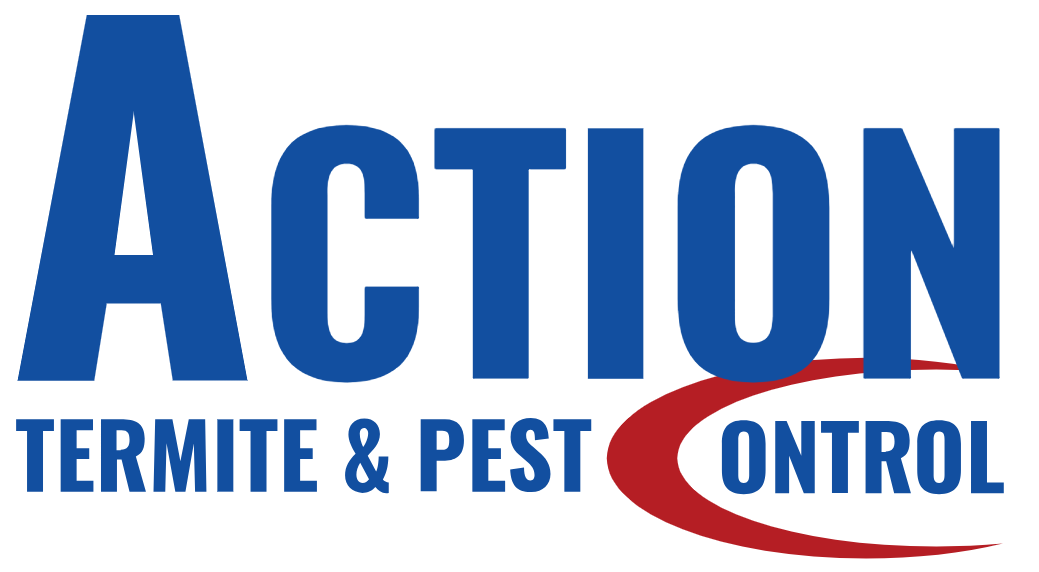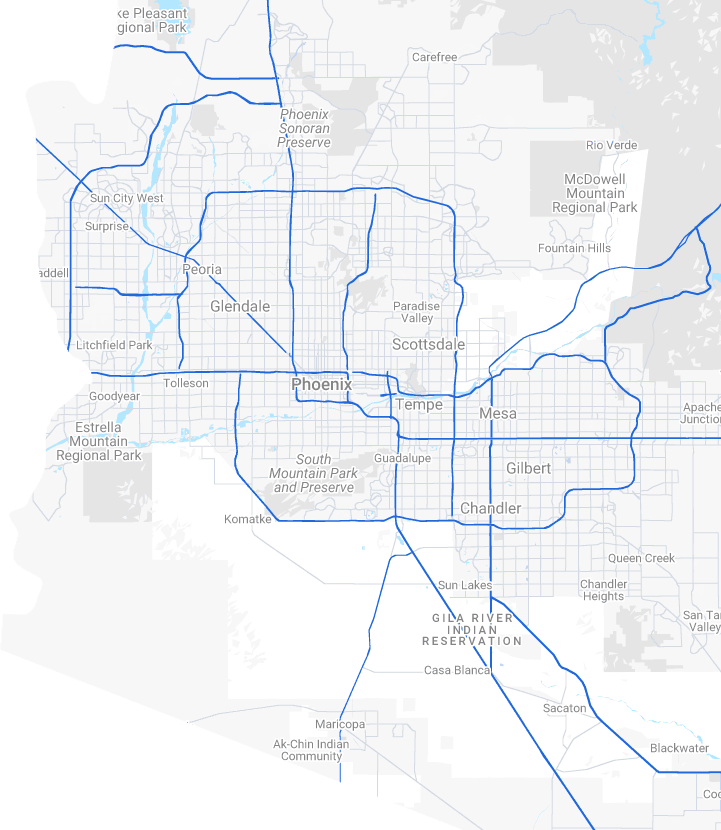What Are the Risks of Termite Infestation During Monsoon Season? The monsoon season damages the foundation of your home and makes it susceptible to termite infestation. All you need is a small opening for termites to get in. This is the prime time to perform termite inspections. Listed below are some of the most common risks to watch out for during the monsoon season.
Termites make a lot of noise to sound the alarm to other termites
Termites make lots of noise to warn other termites during monsoon season. This noise is caused by soldier termites hitting their heads against the walls of their tunnels, which is one of the many ways they sound the alarm. Additionally, worker termites make clicking and buzzing noises. All of these noises indicate that termites are present, and if you hear these noises, you need to call pest control experts in Phoenix like our team at ACTION Termite & Pest Control for further inspection.
Termites retrench during the dead of winter
During the coldest months, termites retreat to their nests for the winter, but they still can venture out and feed on structural wood. In areas where winter temperatures are cold, termite colonies will become dormant, but in warmer areas, they remain active. During the winter, you may see signs of termite infestation such as mud tubes, sawdust, and sagging floors. In addition, these infestations can occur anytime of the year.
Termites swarm during the monsoon season
The recent rains have brought along unwanted visitors, such as termites. This year’s monsoon season started early, which coincides with the termite swarm season. Because termites thrive in moist soil, they will be drawn to these conditions. Termites are not dangerous to humans, but they can damage structures.
Termite poop
Termite poop is a common sign of infestation. Termites feed on wood and leave droppings, known as frass, around their nests. These droppings can be different colors, depending on the type of wood. These droppings form small piles next to infested wood. Termite poop smells like coffee grounds and looks like mold.
Termite swarm prevention
Termite swarming can be very dangerous and is one of the biggest signs of an infestation. Termite swarms happen when the original colony of termites is ready to grow, and hundreds to thousands of swarmers are produced for reproduction and expansion. Each swarmer is a termite male and female. The number of swarmers varies depending on the subgroup and size of the colony. The swarmers stay near the surface of the nest until conditions are right to begin the new colony. During monsoon season, termites tend to make swarm preparations for reproduction and expansion.
If you need help pest control or termites in the Phoenix, AZ metro area call our experts at ACTION Termite & Pest Control for help.

 BED BUGS
BED BUGS SCORPIONS
SCORPIONS RODENTS
RODENTS BEES
BEES MOSQUITOS
MOSQUITOS TAP INSULATION
TAP INSULATION PEST PROTECTION PLAN
PEST PROTECTION PLAN WEEDS
WEEDS


